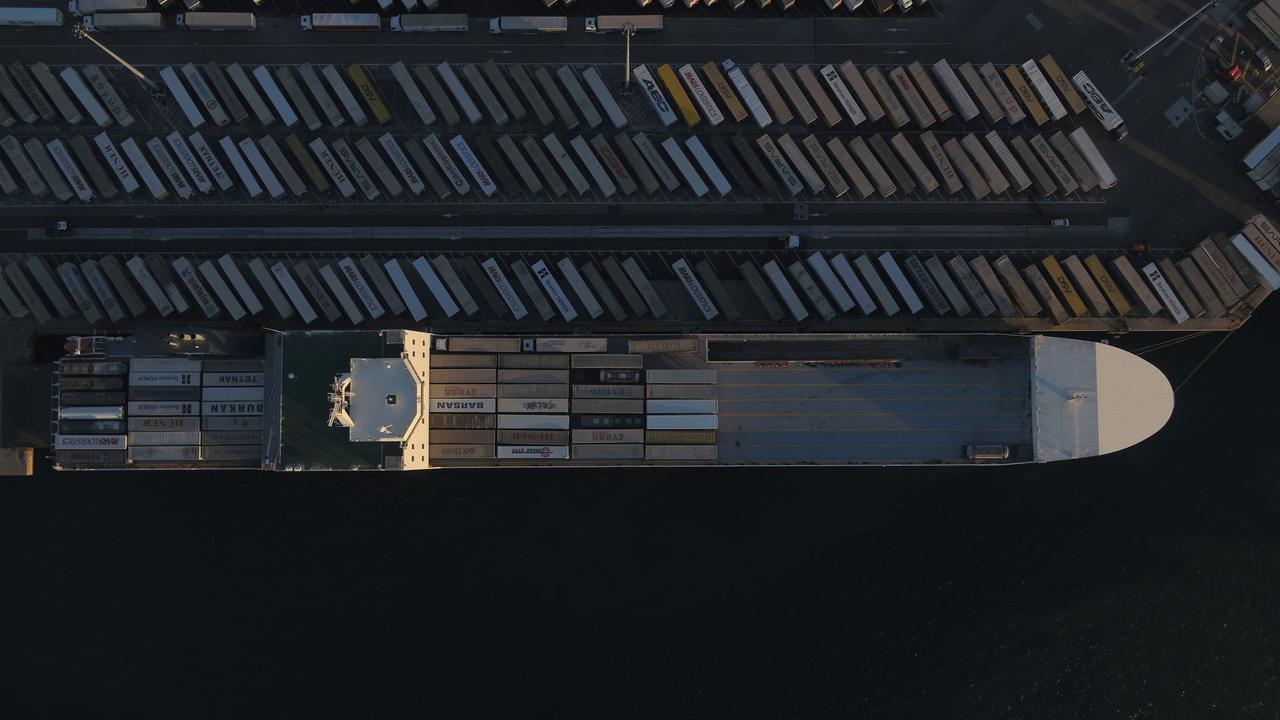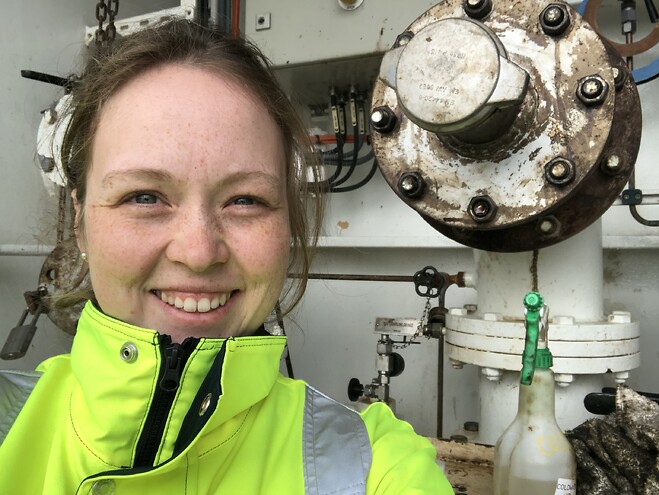New standard aims to make comparing energy efficiency easier
DFDS joins Danish Standards' effort to establish a transparent process to compare the energy efficiency and carbon footprint of different technologies in the shipping industry.

"For many years, we've been working intently to operate our ships as efficiently as possible, and we work hard to update and maintain our ships so that we can keep them for a long time. Therefore, we continually replace components with new components that are better and more efficient, or at least at the same level, to make our ships as effective as possible. However, it can be difficult to assess one component against another, and it demands quite a lot of resources. In our opinion, the industry wants a standard that will make it less complicated to compare solutions across suppliers and technologies," DFDS Performance Manager Lina Barsøe Christensen says. She is a member of the technical committee behind developing the proposal for the new maritime energy efficiency standard.

The purpose of the standard is to develop a transparent process for comparing components and equipment within shipping – particularly across different technologies – to enable an assessment of their overall carbon footprint. For this reason, a standard calculation method will be developed to enable a uniform energy level calculation of the function of components or systems.
"It shouldn't be difficult to assess a product's energy efficiency. If the solution is otherwise impeccable, its energy efficiency and carbon footprint should be totally transparent. That is why we've joined this project, so we can help to ensure that we obtain a useful tool that will make it easier to make informed choices that benefit the environment and reduce operating costs," Lina says.
“This new standard is a great initiative because energy efficiency in most cases equals reduction in fuel use and emissions,” CSR Director Sofie Hebeltoft says: “A common standard is a helping hand for maritime companies like ours who want to decarbonise and become climate neutral.”

